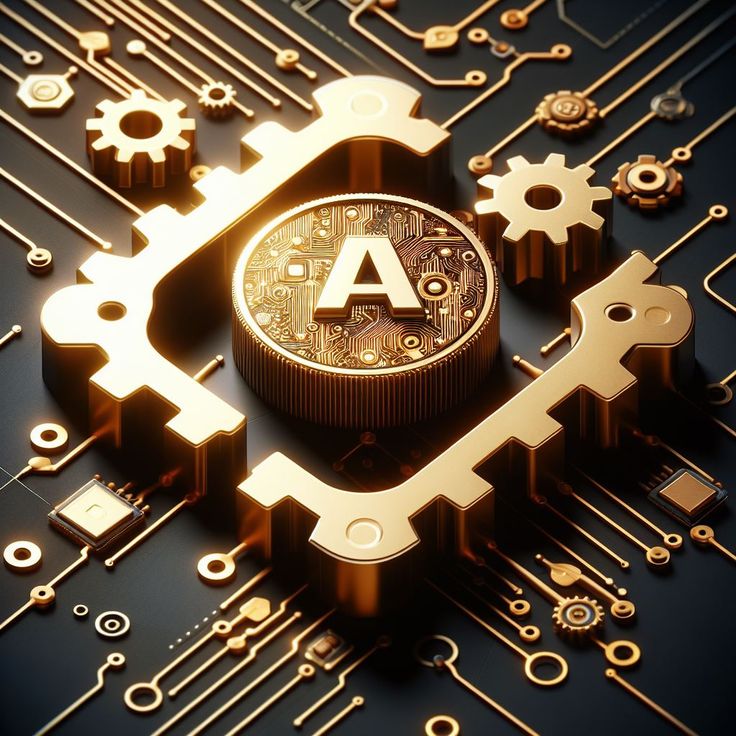Tech Revolution: Navigating the Future of Innovation and Connectivity

In the modern age, we find ourselves standing at the brink of an unprecedented technological revolution that promises to reshape every aspect of our lives. The convergence of cutting-edge technologies, rapid digitalization, and the ever-expanding reach of the internet is driving what can only be described as a “Tech Revolution.” This sweeping wave of innovation is not only altering industries and economies but is fundamentally transforming the way we interact, communicate, and experience the world around us.
The Foundation of the Tech Revolution: Connectivity
At the heart of this revolution lies the concept of connectivity. The rise of the internet and its global accessibility have enabled devices, systems, and people to be interconnected in ways that were previously unimaginable. This connectivity forms the backbone for the myriad technological advancements that are shaping our future.
1. Internet of Things (IoT): Everyday objects are becoming “smart” by incorporating sensors, processors, and connectivity. From refrigerators that can order groceries to cars that can self-park, the IoT is creating a network of interconnected devices that enhance efficiency, convenience, and even safety.
2. 5G and Beyond: The rollout of 5G technology is set to revolutionize the speed and reliability of wireless communication. With incredibly low latency and high bandwidth, 5G will pave the way for innovations like augmented reality, remote surgery, and autonomous vehicles, which rely on lightning-fast data transfer.
3. Cloud Computing: The cloud has transformed the way we store, access, and process data. It offers scalable solutions for individuals and businesses alike, enabling remote work, collaborative projects, and resource-intensive applications that were previously limited by local hardware capabilities.
4. Artificial Intelligence (AI) and Machine Learning (ML): These technologies are no longer confined to the realm of science fiction. AI and ML are driving breakthroughs in healthcare diagnostics, financial predictions, personalized marketing, and autonomous decision-making systems.
5. Blockchain: Beyond cryptocurrencies, blockchain technology is being explored for its potential to enhance transparency, security, and efficiency in industries like supply chain management, digital identity verification, and intellectual property protection.
The Disruption and Transformation of Industries
The Tech Revolution is breaking down traditional industry barriers, reshaping business models, and creating new opportunities. Here’s how it’s affecting key sectors:
1. Healthcare: Telemedicine, AI-driven diagnostics, and wearable health devices are democratizing healthcare access and revolutionizing patient care.
2. Manufacturing: Industry 4.0 brings automation, data analytics, and predictive maintenance, boosting efficiency and reducing downtime.
3. Finance: Fintech innovations like digital wallets, robo-advisors, and decentralized finance (DeFi) platforms are redefining how we manage and invest money.
4. Education: Online learning, virtual classrooms, and personalized e-learning platforms are making education more accessible and adaptable to individual needs.
5. Energy: Smart grids, renewable energy integration, and energy-efficient technologies are shaping a sustainable and interconnected energy landscape.
Navigating the Challenges and Ethical Considerations
As we embrace this new era of connectivity and innovation, several challenges and ethical considerations come to the forefront:
1. Privacy and Security: With increased connectivity, the risk of cyberattacks and breaches grows. Striking a balance between convenience and security remains a crucial challenge.
2. Job Disruption: Automation and AI-driven systems may lead to job displacement in certain sectors, requiring a shift in workforce skills and the creation of new job roles.
3. Digital Divide: As technology advances, the gap between those who have access to these innovations and those who do not could widen, exacerbating existing inequalities.
4. Ethical AI: Ensuring that AI systems make fair and unbiased decisions, and addressing the potential misuse of AI in surveillance and other sensitive applications, is essential.
5. Environmental Impact: The energy consumption and e-waste associated with technological advancements must be carefully managed to ensure a sustainable future.
Embracing the Future
In navigating the Tech Revolution, collaboration among governments, industries, and academia is imperative. Policymakers must create regulatory frameworks that encourage innovation while safeguarding privacy and security. Educational institutions should focus on preparing the workforce with skills that match the demands of the evolving job market. And individuals must remain adaptable and open to learning, as technological breakthroughs continue to reshape our lives.
The Tech Revolution offers a glimpse into a future where human potential and technology converge to create unimaginable possibilities. By harnessing the power of innovation responsibly, we can build a world that is more interconnected, efficient, and equitable than ever before. As we stand at this crossroads of history, the choices we make today will shape the trajectory of the Tech Revolution and the future it unfolds.




